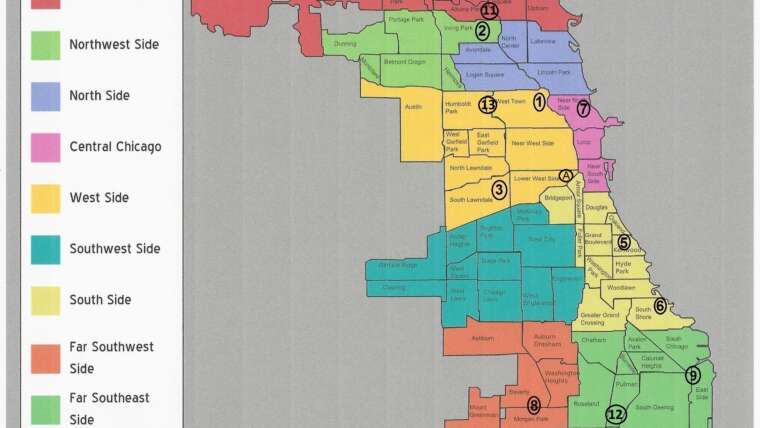
Have you ever stayed at a hotel where the staff smiled, handed you your room key… and then totally forgot to tell you the Wi-Fi password, where breakfast was, or that the elevator didn’t work past midnight? Sure, they were polite. But was that enough?
In hospitality, being nice is expected. Being helpful, proactive, and capable of solving problems—now that’s something else. In fact, the industry is changing so quickly that being “good with people” just isn’t enough anymore. The line between hospitality and business has blurred. Guests don’t just want service. They want experiences that run smoothly, are tech-savvy, and feel personal.
Service is the baseline. Strategy is what sets professionals apart.
In this blog, we will share why hospitality education must go beyond customer service to teach operations, analytics, decision-making, and leadership for lasting success.
Table of Contents
The Myth of the Friendly Smile
There’s a running joke in the industry: “I like working with people” is often the reason people give for choosing hospitality. That’s great. But it’s not even close to the full job description.
Yes, empathy is important. But so is knowing how to manage a 100-room hotel when five employees call in sick and there’s a wedding party checking in at 3 p.m. sharp. A warm greeting won’t help you adjust payroll on short notice. It won’t help you forecast next quarter’s occupancy either.
Hospitality runs on tight margins, and smart managers need more than people skills—they need to understand data, costs, and systems. That’s why schools now go beyond service training; it’s just one slice of a much bigger pie.
What Today’s Programs Actually Teach
Modern hospitality education isn’t just about teaching students to be polite. It’s about giving them the tools to run a business. That’s especially true in programs like the bachelor of business administration in hospitality management. These degrees include courses in finance, operations, marketing, and human resources.
At Southeastern Oklahoma State University, for instance, students dive into both customer-facing skills and business-focused training. They learn how to manage a budget, lead a team, solve problems in real time, and make data-driven decisions when something breaks down or goes viral.
Hospitality is an industry where the small details matter—but someone still has to manage the big picture. Today’s professionals are more than greeters. They’re analysts, tech users, and brand representatives. A strong program prepares students to step into those roles with confidence.
Many universities now include training on industry software, so graduates don’t just understand theory—they’re job-ready from day one.
Why “Soft Skills” Aren’t Always Soft
Let’s talk about soft skills for a second. Communication, teamwork, time management—these sound gentle, right? But in hospitality, they’re hard to master. It’s one thing to work with people. It’s another thing to do it while a guest is yelling about room temperature, someone else is asking for an early check-in, and your food vendor just canceled a delivery.
Soft skills don’t mean easy. They just mean human. And hospitality demands the kind of human skill set that can’t be replaced by AI (at least not yet). That’s why hospitality education also focuses on emotional intelligence, crisis management, and conflict resolution.
These aren’t bonus traits. They’re survival tools.
The Industry Is Changing Fast
Here’s something no one tells you before you join hospitality: trends move fast, and expectations move faster.
Contactless check-in? That wasn’t a thing until a few years ago. Now, it’s expected. Sustainable operations? No longer optional. Hotel apps that let you control the lighting in your room? Guests love them.
The industry is evolving at lightning speed, and education has to keep up. Graduates who know only how to greet guests and smile aren’t equipped for what comes next.
Educators now blend business, technology, and service. Students might work on projects involving revenue management systems, user experience design, or supply chain strategy. It’s not just a classroom—it’s a simulation of what’s happening out there in the real world.
The goal is no longer just “can you serve people?” It’s “can you make smart decisions, fast, while still making people feel cared for?”
Real Career Paths, Real Impact
A well-rounded education in hospitality doesn’t just get you hired. It gives you options.
Graduates go into guest experience design, operations management, food and beverage direction, corporate event planning, and even consulting. They work in hospitals, stadiums, luxury resorts, and startups.
The key is adaptability. And that comes from learning more than how to be friendly. It comes from being prepared.
Programs that include operations, leadership, finance, and systems thinking set students up for long-term growth. They’re not just employees—they’re future directors, VPs, or even owners.
What This Means for Future Students
If you’re considering a degree in this space, ask real questions. What are the core classes? Are you learning just etiquette—or operations, too? Will you graduate with tech experience, management training, and a solid grasp of industry trends?
Education isn’t just about checking boxes. It’s about becoming someone who can walk into a high-pressure environment and make it better.
The industry is changing. Fast. Guests expect more. Employers need more. And thankfully, the best hospitality programs are delivering more. The goal isn’t just to make people feel welcome. It’s to make smart, agile leaders who can run the show.
Because in hospitality, smiles are free—but strategy pays the bills.


